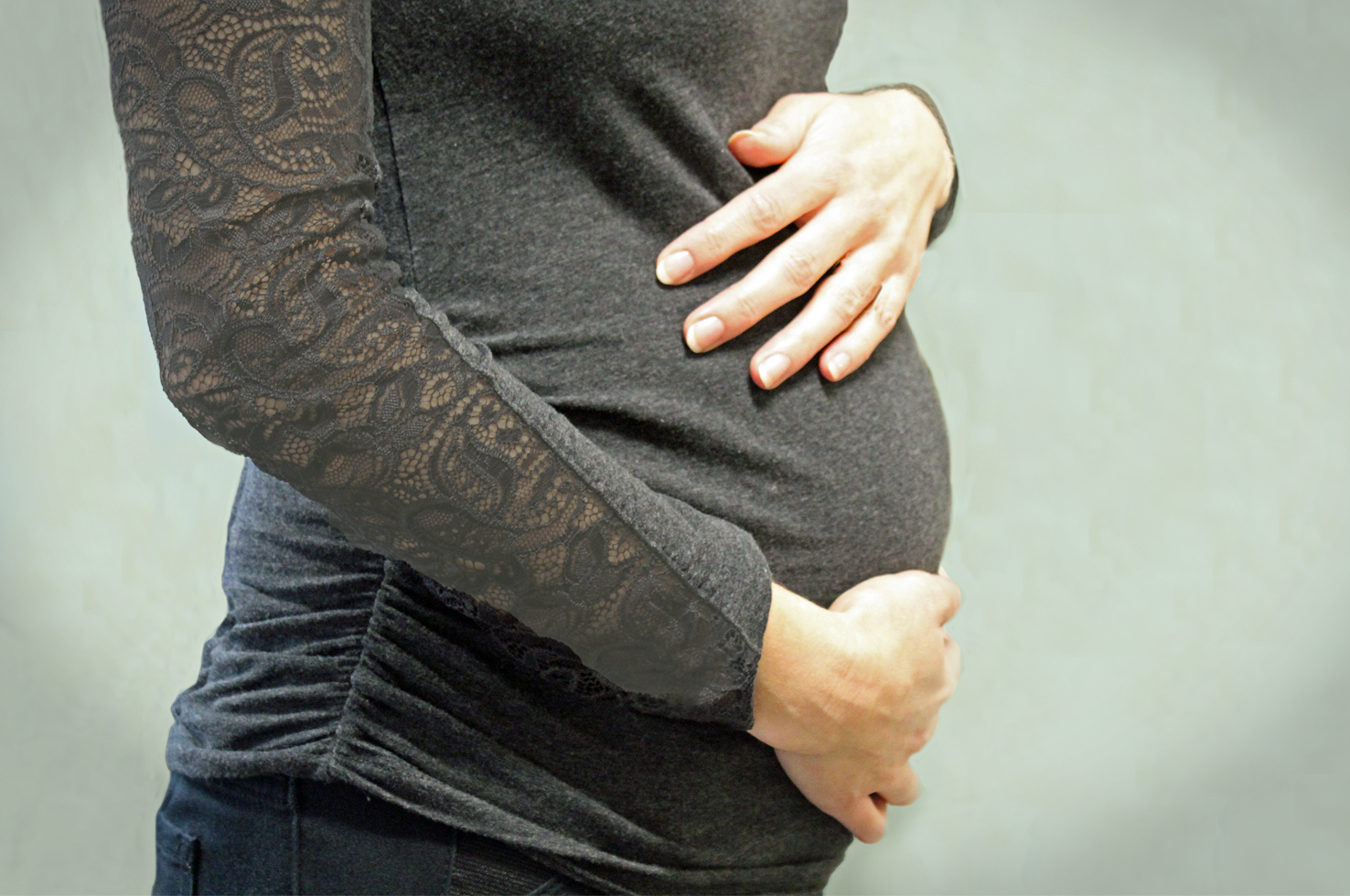Now in Alcoholism: Clinical & Experimental Research: Risky Drinking During the Perinatal Period Among Adolescent & Young Adult Mothers

It is widely known that the U.S. Department of Health and Human Services recommends that pregnant women refrain from drinking alcohol due to the risk of potential adverse outcomes for offspring. However, alcohol use trajectories among adolescent and young adult mothers have been understudied, leaving gaps in our ability to effectively address this important public health issue. In general, adolescence and young adulthood are transitional periods that can include increased alcohol use and risky sexual behavior. Research has shown that young adults may be particularly vulnerable to moderate/heavy alcohol use (three drinks or more drinks in one sitting) during and directly after pregnancy.
Prior research on alcohol use in this population has not differentiated between frequency of low-level drinking and moderate to heavy drinking. To better understand alcohol use among pregnant adolescent and young adult women, researchers including Alison Hipwell, PhD, and Department of Psychiatry postdoctoral scholar Irene Tung, PhD, examined individual drinking patterns in this population during the perinatal period.
The study’s first author, Dr. Tung, explained the unique strengths of the current study, recently published in Alcoholism: Clinical & Experimental Research: “Most studies that have examined perinatal alcohol use among young mothers have relied on women self-reporting their history of drinking before pregnancy, an approach that is highly vulnerable to memory biases,” she said. “A unique strength of our longitudinal study is that participants have been interviewed annually since they were children. This type of study design increases accuracy in measures of pre-pregnancy drinking, and it also enabled us to investigate several risk factors measured prior to conception, which helps to reveal potential targets for preventative intervention.”
The study included prospective data on participants’ pre-pregnancy predictors of risky perinatal alcohol use behavior, including early exposure to social drinking by caregivers or peers, positive and negative expectations about the effects of alcohol (for example, “I would have a good time with friends,” or “It would upset my parents”), and motives for drinking before the pregnancy. Data were collected from a subsample of 432 adolescent and young adult pregnant women involved in the Pittsburgh Girls Study, a 20-year longitudinal study of girls recruited in 1999 and 2000. Study participants self-reported frequency and quantity of alcohol use from two years before pregnancy to two years after they gave birth.
The research team found that during the perinatal period almost half of the participants maintained low/no risky drinking behaviors; about a quarter engaged in moderate risky drinking; and a small group showed high risk for regular risky drinking. In addition, they were surprised to find that 21% of all participants engaged in low/no risky drinking before pregnancy but showed increased probability of regular risky drinking during the postpartum period—possibly representing a trajectory unique to this population of young mothers. Analysis of potential risk factors revealed that perceived peer alcohol use significantly differentiated the low-risk from the high/moderate-risk groups. In addition, for young adult mothers (but not adolescent mothers), prior exposure to caregiver alcohol use and a history of drinking to cope with negative emotions increased risk for drinking in the postpartum period.
“We know that alcohol use during pregnancy and early motherhood can have long-term implications for offspring outcomes, but these results highlight distinct trajectories in low-level vs. moderate-to-heavy drinking before, during and after pregnancy in adolescents and young adults,” said Dr. Hipwell, the study’s senior author.
“Understanding these more nuanced patterns gets us a step closer to more tailored interventions for pregnant adolescents and young adults that may also help to interrupt intergenerational cycles of risk”
This paper has been selected by Alcoholism: Clinical & Experimental Research as an “Article of Public Interest.”
Alcohol Use Trajectories Before and After Pregnancy Among Adolescent and Young Adult Mothers
Tung I, Chung T, Krafty RT, Keenan, K, Hipwell AE
Alcoholism: Clinical & Experimental Research published online July 23, 2020 https://doi.org/10.1111/acer.14394
